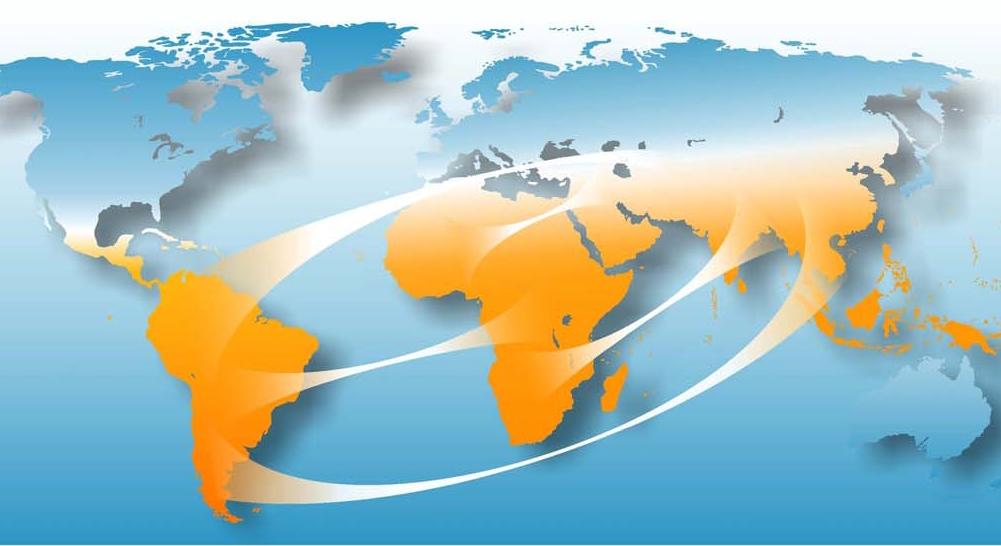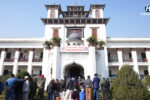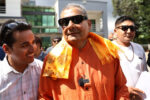Understanding South-South cooperation: South-South cooperation refers to the technical cooperation among developing countries in the Global South. It is a tool used by the states, international organizations, academics, civil society and the private sector to collaborate and share knowledge, skills and successful initiatives in specific areas such as agricultural development, human rights, urbanization, health, climate change etc. UN Secretary-General Antonio Guterres validated the importance of South-South cooperation by his personal physical presence in the ceremony. He strongly believes that it is a platform to generate both new ideas and concrete projects and also as a means to enable voices from the Global South to drive innovation and promote development.
The UN chief believes that the ambitious and transformational 2030 Agenda for Sustainable Development cannot be achieved without the ideas, energy and tremendous ingenuity of the countries of the Global South. “Innovative forms of knowledge exchange, technology transfer, emergency response and recovery of livelihoods led by the South are transforming lives,” said the Secretary-General in November 2018, during the inauguration of the 10th South-South Development Expo at UN Headquarters in New York. “The facts speak for themselves”, António Guterres said. The countries of the South have contributed to more than half of the world’s growth in recent years; intra-south trade is higher than ever, accounting for more than a quarter of all world trade; the outflows of foreign direct investment from the South represent a third of the global flows; and remittances from migrant workers to low and middle income countries reached 466 billion dollars last year, which helped lift millions of families out of poverty. The formation of SSC (South-South Cooperation) is traced to the Asian-African Conference that took place in Bandung, Indonesia, in 1955 which is also known as the Bandung Conference. The conference has been largely regarded as a milestone for SSC cooperation.
Indonesia’s president at that time, Sukarno considered SSC as strong alternative to rich countries’ dominance and dictation in name of helping developing countries. President Sukarno famously remarked at the conference that “Now we are free, sovereign, and independent. We are again masters in our own house. We do not need to go to other continents to confer.” South-South Cooperation is a term historically used by policymakers and academics to describe the exchange of resources, technology, and knowledge between developing countries also referred to as Global South.









Comment